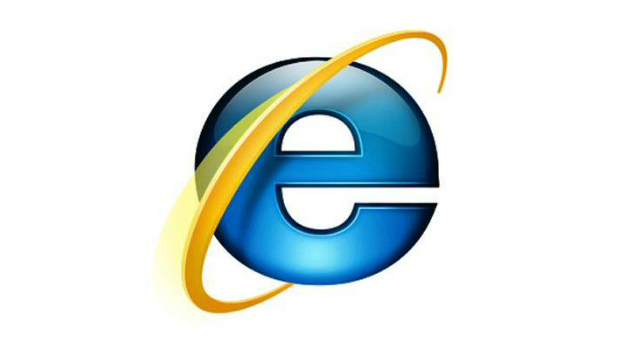Microsoft on Friday told shareholders that it has settled a lawsuit brought last year against former CEOs Steve Ballmer and Bill Gates, the company’s board of directors and other top executives over a $732 million fine that European Union antitrust regulators slapped on the firm in 2013.
As part of the settlement, Microsoft will set aside $42.5 million to fund an antitrust compliance office for the next five years, and pay the plaintiffs’ lawyers at least $7.3 million, according to court documents and a Friday filing with the US Securities and Exchange Commission (SEC).
The case, which has been working its way through a Seattle, Washington federal court since April 2014, stemmed from a multi-million-dollar blunder in 2012 when Microsoft was caught not displaying a browser ballot screen to users of Windows 7 Service Pack 1 (SP1) in the European Union.
After EU officials were informed of the gaffe – which was counter to a 2009 agreement Microsoft had signed – Microsoft acknowledged the oversight and apologised, but also downplayed the problem, saying it had been a “technical error” and blaming an engineering team for the screw-up.
EU regulators were not amused, and fined Microsoft $732 million. “This is the first time we have seen a breech of a legally binding commitment,” said Joaquin Almunia, then the European Commission’s top antitrust official, in March 2013. “This is, of course, serious, whether it was intentional or not.”
The Microsoft-EU deal, reached in 2009, was the result of a complaint by Norwegian browser maker Opera Software, which two years earlier had accused Microsoft of manipulating the battle for browser share by tying Internet Explorer (IE) to Windows. After some eyeball-to-eyeball confrontation, including a threat by Microsoft to delay the then-upcoming Windows 7, Microsoft agreed to show European users of its Windows operating system a “browser ballot,” a screen that displayed download links to rivals’ browsers, including Google’s Chrome, Mozilla’s Firefox and Opera’s namesake, for a period of five years.
But for 14 months, from May 2011 until July 2012, Microsoft did not show the browser ballot in copies of Windows 7 SP1 installed on PCs in the EU.
The non-compliance and ensuing fine were cited by Microsoft’s board in 2012 when it reduced Ballmer’s bonus, and chopped that of Steven Sinofsky, who at the time was the top Windows executive in the company.
Expired
The browser ballot agreement between Microsoft and the EU expired in December 2014, after which Microsoft stopped showing the choice screen to customers. Windows 10, released after that date, does not have such a screen, for instance.
In April 2014, a pair of Microsoft shareholders, Kim Barovic and Stephen DiPhilipo, sued Microsoft’s former CEOs, its board, and other top-tier executives over the fine. “As a result of their actions, the defendants have caused the company to be damaged to the extent of at least $732.2 million,” Barovic’s lawyers wrote in her original complaint.
Barovic and DiPhilipo went to court after their demand that the Microsoft board “investigate and commence an action against certain current and/or former directors and executive officers of the company” was rejected earlier that year.
The settlement between Barovic and DiPhilipo on one hand, and the cited Microsoft officials on the other, will require Microsoft to hire an antitrust compliance officer. That officer will create a department to oversee current settlement compliance and any future antitrust settlement the company strikes with US or EU regulators, track all antitrust complaints and manage training in antitrust compliance throughout the firm.
The antitrust compliance officer will also be able to launch internal investigations if he or she believes compliance is being flouted.
Microsoft will set aside $42.5 million to fund the new office at the rate of $8.5 million annually for five years. Also as part of the settlement, Microsoft will pay the plaintiffs’ lawyers $7.3 million in fees and expenses, with potential $5,000 “incentive awards” for each lawyer on top of that.
The settlement requires court approval. Presumably, that final approval will be given at a settlement hearing scheduled for 12 January 2016.
IDG News Service







Subscribers 0
Fans 0
Followers 0
Followers